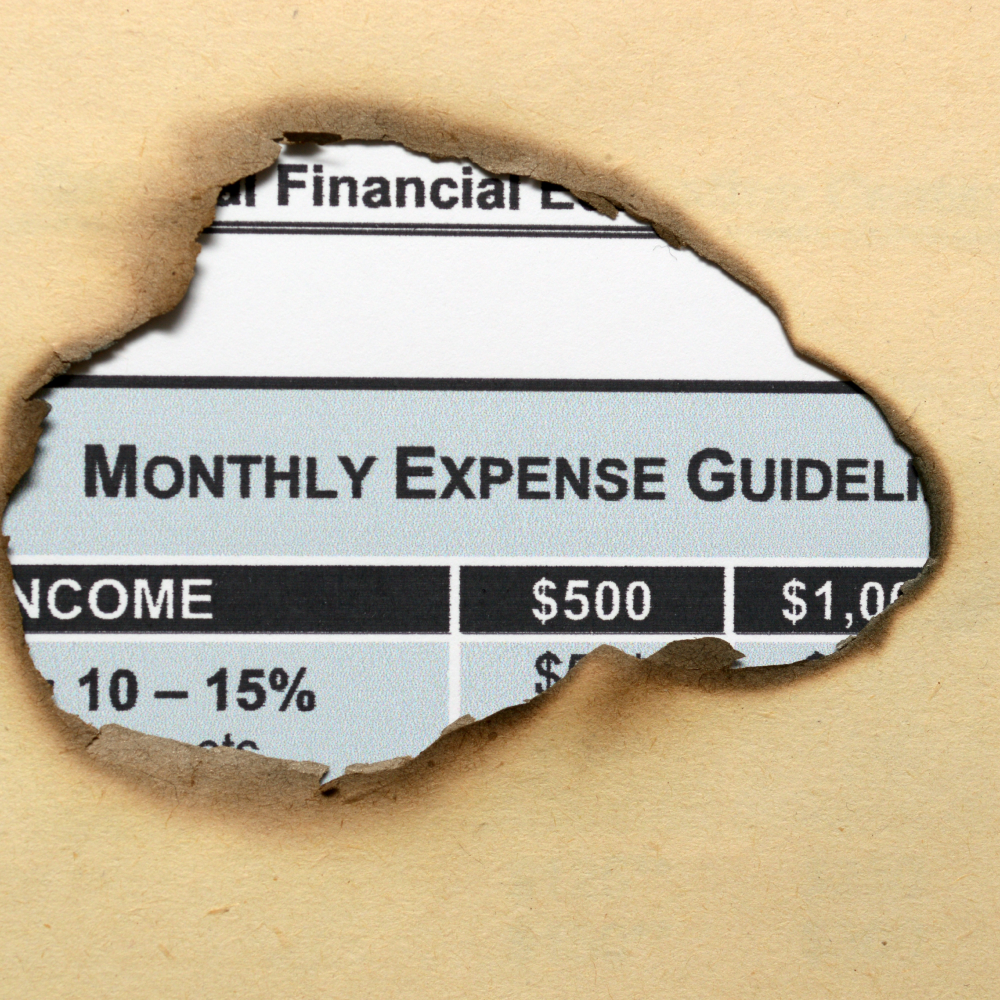Understanding Credit Scores: Tips from Credit Union Experts

Navigating credit scores can be a daunting task. Key factors that lenders use to determine your creditworthiness affect your ability to obtain loans and credit cards, and even impact your interest rates. In this article, we will discuss the components of credit scores and receive helpful insights from experts on ways to improve your score.
What is a Credit Score?
A credit score is a numerical representation of your credit risk, based on your credit history. It’s calculated using information from your credit reports, including your payment history, the amount of debt you have, the length of your credit history, the types of credit you use, and new credit inquiries. The most common credit score model in the United States is the FICO score, which ranges from 300 to 850.
Understanding the Components of Your Credit Score:
- Payment History (35%): This is the most significant factor in your credit score. It reflects whether you’ve paid past credit accounts on time. Late payments, bankruptcies, and defaults are detrimental to your score.
- Amounts Owed (30%): This pertains to the total amount of credit and loans you’re using compared to your total credit limit, also known as your credit utilization ratio. Lower ratios are better for your score.
- Length of Credit History (15%): Longer credit histories are beneficial because they provide more data on your spending habits and repayment behavior.
- New Credit (10%): Opening several credit accounts in a short period can be perceived as a higher risk, potentially lowering your score.
- Types of Credit in Use (10%): A healthy mix of credit types (e.g., credit cards, retail accounts, installment loans) can be beneficial to your score.
Tips for Improving Your Credit Score:
- Pay Your Bills on Time: Set reminders or enroll in automatic payments to avoid late payments.
- Keep Balances Low on Credit Cards: Aim to keep your credit utilization below 30%.
- Don’t Close Old Credit Cards: Even if you don’t use them, they contribute to your credit history length.
- Limit Applications for New Credit: Only apply for credit when necessary.
- Regularly Monitor Your Credit Report: Check for errors and dispute any inaccuracies.
Look to California Community Credit Union for your financial needs!
Understanding and managing your credit score is a crucial aspect of financial health. By following the tips provided, you can maintain a good credit score or work towards improving it. Remember, building or repairing credit takes time and discipline, but the financial benefits are worth the effort. Stay informed, make smart credit decisions, and monitor your credit regularly to stay on top of your financial game. California Community Credit Union provides extraordinary products and services to best suit our member’s financial goals. CACCU offers a safe way to save and earn dividends with our savings accounts and low-interest loan rates. We invite you to become a valued member today – contact us to get started on your financial journey!
you may also like
5 Investing Ideas to Help Prepare for Your Future
Investing can be one of the most effective ways to build wealth and secure your financial future….
Home Equity Financing: How Credit Unions Can Make It Easier
The housing market has seen significant fluctuations over the past few years, with home values rising substantially…









